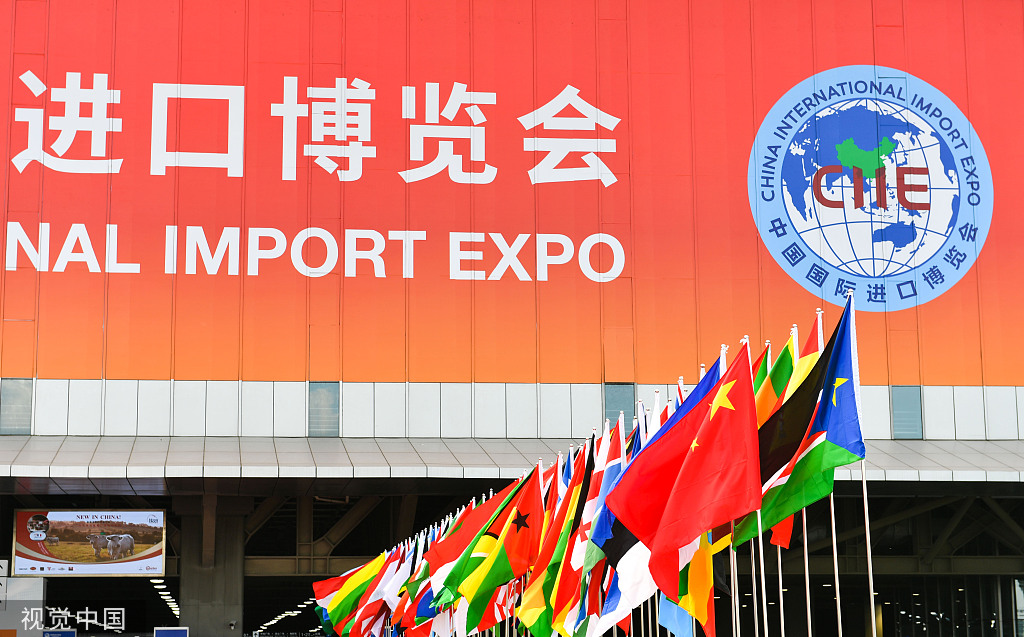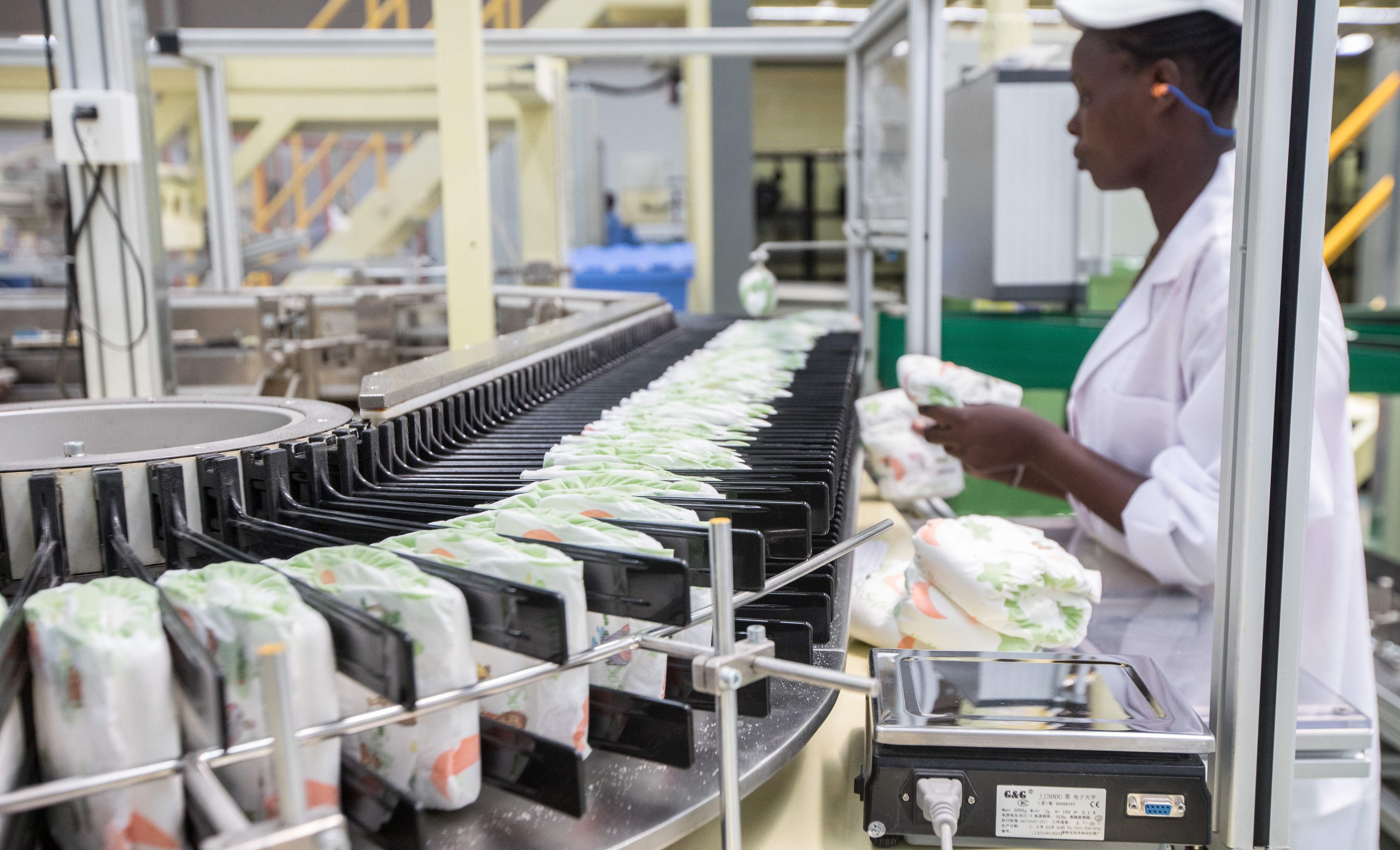Kenya eyes Chinese market with optimism
- By Stephen Ndegwa
 0 Comment(s)
0 Comment(s) Print
Print E-mail China.org.cn, November 7, 2019
E-mail China.org.cn, November 7, 2019

With the opening of the second China International Import Expo (CIIE) in Shanghai, more Kenyan enterprises are looking forward to finding more opportunities in the promising Chinese market. This year, Kenyan entrepreneurs aim to export more of their top-earning products such as tea, coffee, flowers, herbs and avocados, many of which are favored by Chinese consumers.
In recent years, Kenya has shown a strong desire to increase the export volume of its products, especially its agricultural commodities. The avocado, which is one of the major agricultural products of the east African nation, previously only entered the Chinese market indirectly. In April this year, a trade deal was signed between China and Kenya so as to open the Chinese market to Kenyan avocados. This made Kenya the first African country to export avocados directly into China and also brightened the prospects for other Kenyan horticultural products to enter the Chinese market.
Actually, the economic milestones that China and Africa have jointly achieved in the last couple of decades, supersedes what Africa's erstwhile major trade partners have accomplished, since the decolonization of African nations started over five decades ago.
China has been one of Kenya's top long-time trading partners and a major source of its foreign direct investment (FDI). According to recent statistics, trade between China and African countries increased more than 200-fold in the last 40 years, from $765 million in 1978 to $170 billion in 2017. In 2018, trade volume between China and Kenya was $5.3 billion, and the former's non-financial direct investment in Kenya doubled to about $520 million.

About 3,100 Chinese companies have also invested in Africa in various sectors including transportation, energy, telecommunications, industrial zones, agricultural technology, water supply, schools, and hospitals. Moreover, more than 400 Chinese companies are currently doing business in Kenya, creating nearly 130,000 jobs for the local people. These companies have played an important role in accelerating the advancement of its Big Four agenda --Kenya's development blueprint for food security, manufacturing, health and housing which was proposed by President Uhuru Kenyatta.
Despite some trade imbalance between the two countries, the solution is not to stop exports from China, but to expand Kenyan exports to the country. The CIIE provides a good platform and opportunities for Kenya to explore the huge Chinese market with its 1.4 billion population.
Kenya has offered important lessons that African countries need to think about to ensure that it gets more value from a successful and growing partnership with China. In addition, Kenya is a valuable participant in the Belt and Road Initiative, solidifying her role as an indispensable gateway for Chinese enterprises in the African market.
The huge success of Chinese enterprises in Kenya has been attributed to their spirit of equality, mutual benefit, and win-win cooperation. Beyond trade, they are now also making huge contributions to social causes that improve the local people's welfare, especially in environmental protection and education.
The Kenyan business community has expressed its desire to learn from Chinese enterprises on how to move to the next level. This includes joint ventures in order to increase their capacity in value addition.
Stephen Ndegwa is a communication specialist and analyst on China-Africa affairs.
Opinion articles reflect the views of their authors only, not necessarily those of China.org.cn.
If you would like to contribute, please contact us at opinion@china.org.cn.






Go to Forum >>0 Comment(s)